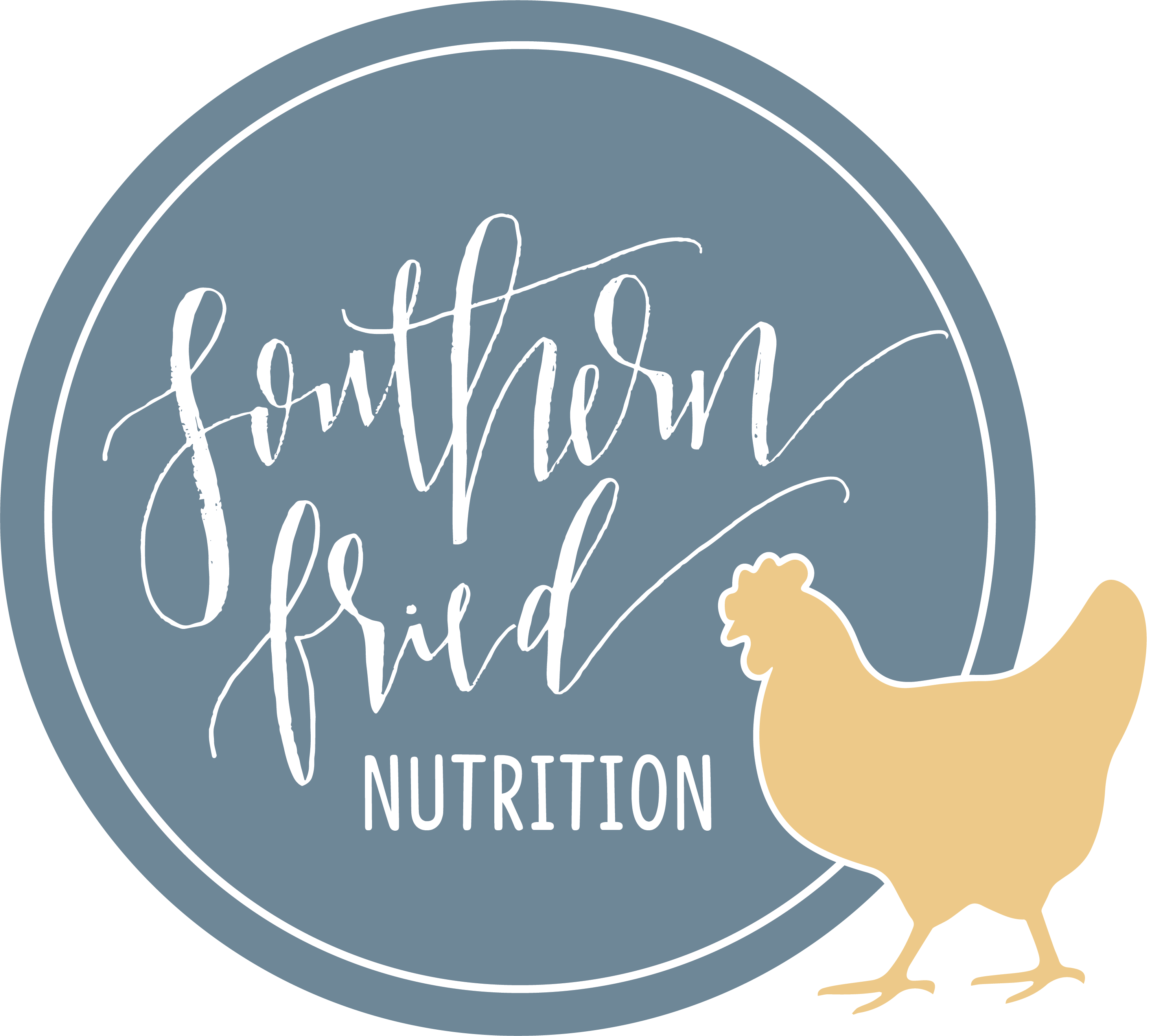Imagine being a healthy, active mother of three young children and suffering a debilitating and confusing episode. Unable to speak and with loss of control to one arm – alarmed and afraid, but unable to call for help. Our guest on the Southern Fried Girlfriend podcast was in this exact situation. Fit, strong, and a stroke survivor, Lesley Baradel shares her story. Lesley Baradel is a registered and licensed dietitian nutritionist with a Master of Science, from Georgia State University, a Masters of Business from Emory University, and a Bachelors of Arts in Economics from Vanderbilt University. Lesley is President and owner of Balanced Nutrition, LLC and Co-President of My Menu Pal, an online menu planning website providing education, tools and resources for busy families and individuals. In addition, Lesley is a part-time instructor of nutrition courses at Georgia Tech University and Georgia State University. On a more personal note, Lesley is an avid cyclist, swimmer, music playlist expert, and loves anything involving fitness and wellness. Lesley lives with her husband, Chris, and three children, Ava, Tyler and Lindsey in Atlanta, GA.
Lesley Baradel is a registered and licensed dietitian nutritionist with a Master of Science, from Georgia State University, a Masters of Business from Emory University, and a Bachelors of Arts in Economics from Vanderbilt University. Lesley is President and owner of Balanced Nutrition, LLC and Co-President of My Menu Pal, an online menu planning website providing education, tools and resources for busy families and individuals. In addition, Lesley is a part-time instructor of nutrition courses at Georgia Tech University and Georgia State University. On a more personal note, Lesley is an avid cyclist, swimmer, music playlist expert, and loves anything involving fitness and wellness. Lesley lives with her husband, Chris, and three children, Ava, Tyler and Lindsey in Atlanta, GA.
Stroke is the leading cause of serious, long-term disability in the United States and it’s one of the top five most common cause of death. Each year, approximately 795,000 people suffer a stroke. About 600,000 of these are first attacks, and 185,000 are recurrent attacks. And while nearly three-quarters of all strokes occur in people over the age of 65, 25% happen in people under 65. More than half of strokes occur in women. And, according to the Centers for Disease Control and Prevention, stroke is increasing among women. The good news is that 80% of strokes are preventable. Responding quickly an be lifesaving and protect the brain for recovery. Remember this acronym to help identify and respond to a stroke:
- Face Drooping – Does one side droop or is it numb? When they smile, is it lopsided?
- Arm Weakness – Is one arm weak or numb? When arms are raised, does one drift downward?
- Speech Difficulty – (on the show, we said Smile) Is speech slurred or are they difficult to understand?
- Time to Call 911 – If an individual is suffering any of these symptoms – even if they go away – emergency help is necessary. Be sure to tell emergency responders that you think the person is having or has had a stroke, and note the time symptoms started.
Listen to Episode 20: But I’m Too Young to Have a Stroke here or subscribe via iTunes, Stitcher, Google Play, and more by searching for Southern Fried Girlfriends Podcast on your favorite podcast app. Swing on over to The Southern Fried Girlfriends Facebook page to chat about this topic, get some other resources, and look out for my Monday Chat Live there too!
Resources
- Stroke in Women factsheet handout from Centers for Disease Control and Prevention
- Learn more about stroke from the American Stroke Association
- What are the risk factors for stroke? Race, age, diet, and family history are just some of the things to consider. Compare your personal factors here.


Marie Spano
DietitianSherry